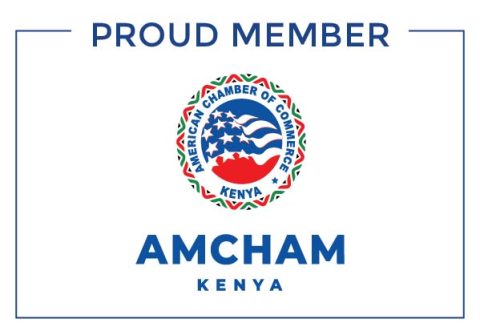When it comes to planning an event, one of the most important decisions you have to make is whether to hold it during the day or at night. There are pros and cons to both options, and the best choice depends on several factors, such as the type of event, the audience, the venue, the budget, and the goals. In this blog post, we will compare the advantages and disadvantages of day and night events, and give you some tips on how to make the most of either option.
Day Events
Day events are usually held between 9 a.m. and 5 p.m., and they can be formal or informal, depending on the occasion. Some examples of day events are conferences, seminars, workshops, trade shows, exhibitions, luncheons, picnics, and outdoor activities.
Pros of Day Events
- Day events can be more productive and focused, as people tend to be more alert and energetic in the morning and afternoon.
- Day events can be more convenient and accessible for attendees, especially if they have other commitments or responsibilities in the evening, such as family, work, or school.
- Day events can be more cost-effective, as venues and vendors may offer lower rates or discounts for off-peak hours.
- Day events can offer more flexibility and variety in terms of activities, as you can take advantage of the natural light and the outdoor environment.
Cons of Day Events
- Day events can be more challenging to attract and retain attendees, as they may have to take time off from their regular schedule or sacrifice their leisure time to attend your event.
- Day events can be more affected by external factors, such as traffic, weather, noise, or other distractions, that may interfere with the smooth running of your event.
- Day events can be more limited in terms of creativity and ambiance, as you may have to follow the standard format and decor of the venue, and you may not be able to use lighting, music, or other elements to create a unique mood or atmosphere.
Night Events
Night events are usually held between 6 p.m. and midnight, and they can be formal or informal, depending on the occasion. Some examples of night events are gala dinners, cocktail parties, awards ceremonies, concerts, performances, fundraisers, and themed parties.
Pros of Night Events
- Night events can be more exciting and memorable, as people tend to be more relaxed and sociable in the evening, and they may be more willing to have fun and enjoy themselves.
- Night events can be more exclusive and prestigious, as they may create a sense of anticipation and exclusivity among attendees, and they may be more likely to dress up and impress.
- Night events can be more creative and immersive, as you can use lighting, music, entertainment, and other elements to create a unique mood or atmosphere, and you can transform the venue to suit your theme or vision.
- Night events can offer more networking and relationship-building opportunities, as people may have more time and inclination to mingle and interact with each other, and they may be more open and receptive to your message or offer.
Cons of Night Events
- Night events can be more expensive and competitive, as venues and vendors may charge higher rates or premiums for peak hours, and you may have to compete with other events or attractions for attendees’ attention and attendance.
- Night events can be more demanding and exhausting, as people may have to travel longer distances or deal with traffic or parking issues, and they may feel tired or sleepy after a long day.
- Night events can be more risky and unpredictable, as people may consume more alcohol or other substances, and they may behave more impulsively or irresponsibly, which may lead to accidents, conflicts, or complaints.
Tips for Choosing the Best Time for Your Event
As you can see, there is no definitive answer to the question of whether day or night events are better. The best time for your event depends on your specific goals, audience, budget, and preferences. However, here are some general tips to help you make the best decision for your event:
- Know your purpose and objectives. What are you trying to achieve with your event? What are the main messages or outcomes you want to convey or deliver? How do you want your attendees to feel or act after your event?
- Know your audience and their preferences. Who are you inviting to your event? What are their demographics, interests, needs, and expectations? When are they most available and receptive to attend your event?
- Know your venue and its availability. Where are you holding your event? What are the features, facilities, and limitations of the venue? When are the best times and dates to book the venue?
- Know your budget and its constraints. How much money do you have to spend on your event? What are the major expenses and sources of income for your event? How can you maximize your return on investment and minimize your costs?
- Know your competitors and their strategies. What are the other events or activities that may compete with your event? How are they marketing and positioning themselves? How can you differentiate and stand out from them?
By considering these factors, you can weigh the pros and cons of day and night events, and choose the best time for your event. Remember, there is no right or wrong answer, only what works best for you and your event. Good luck and have fun!






